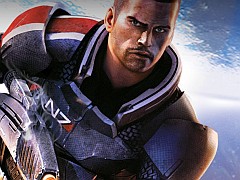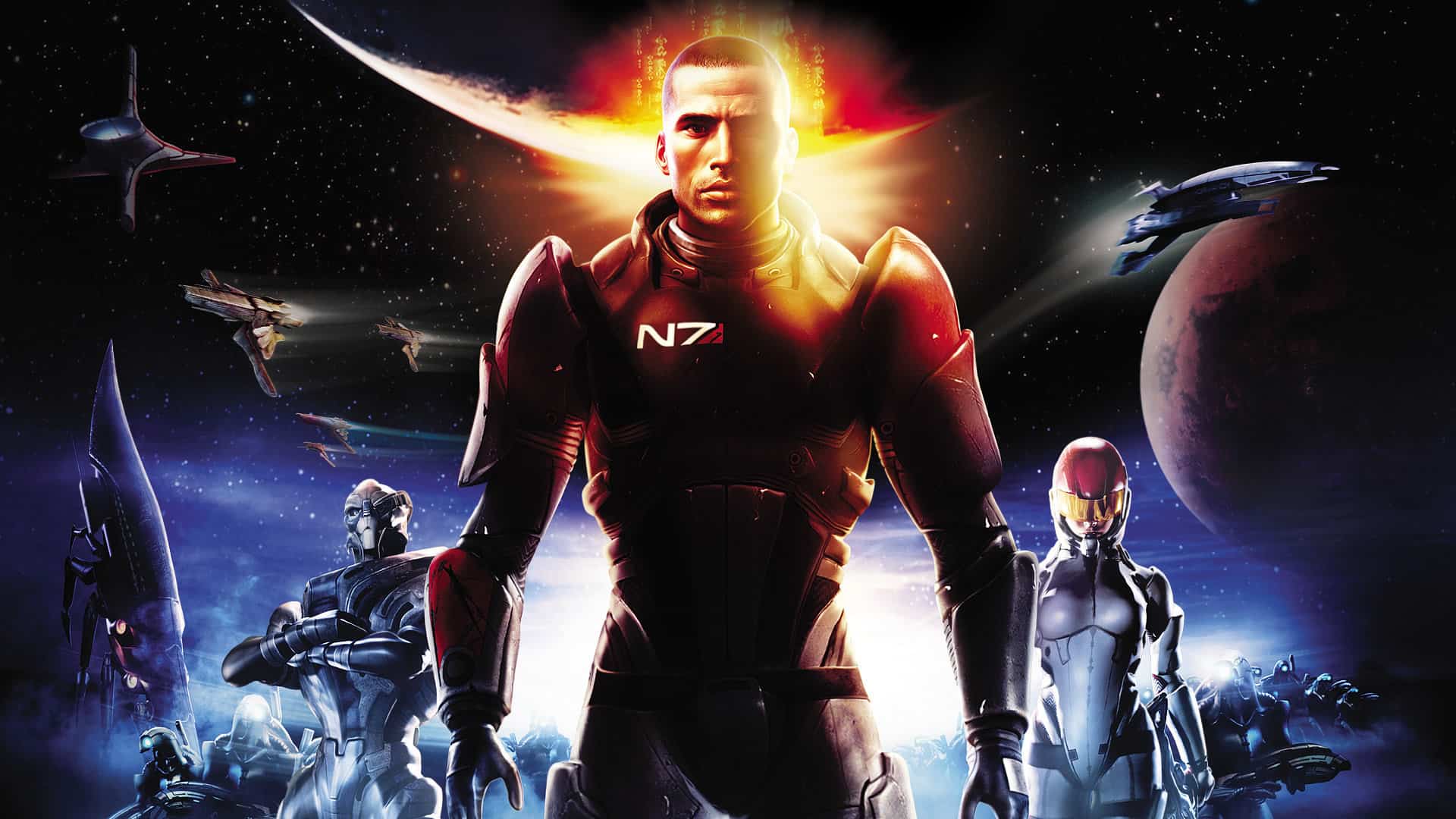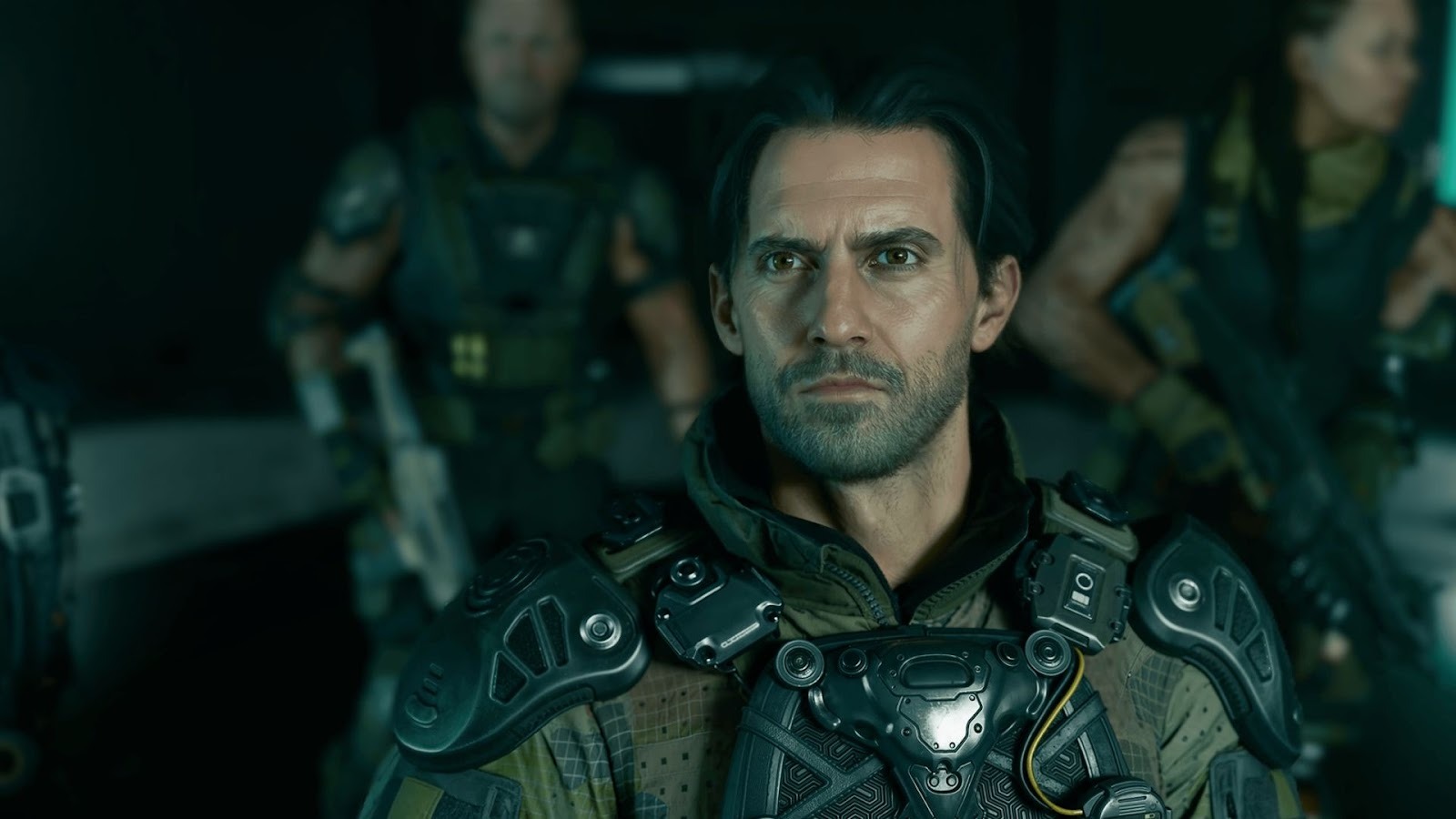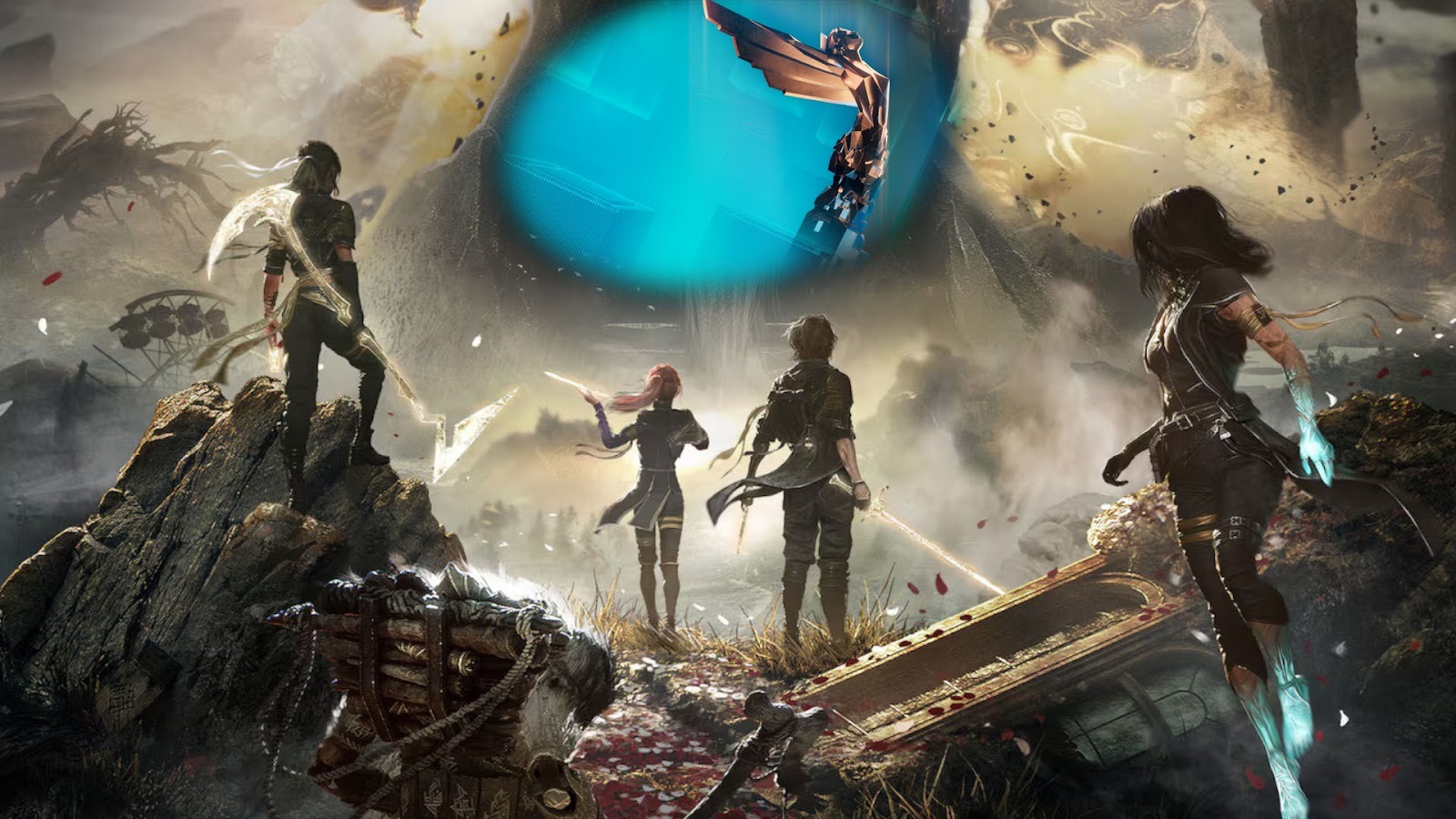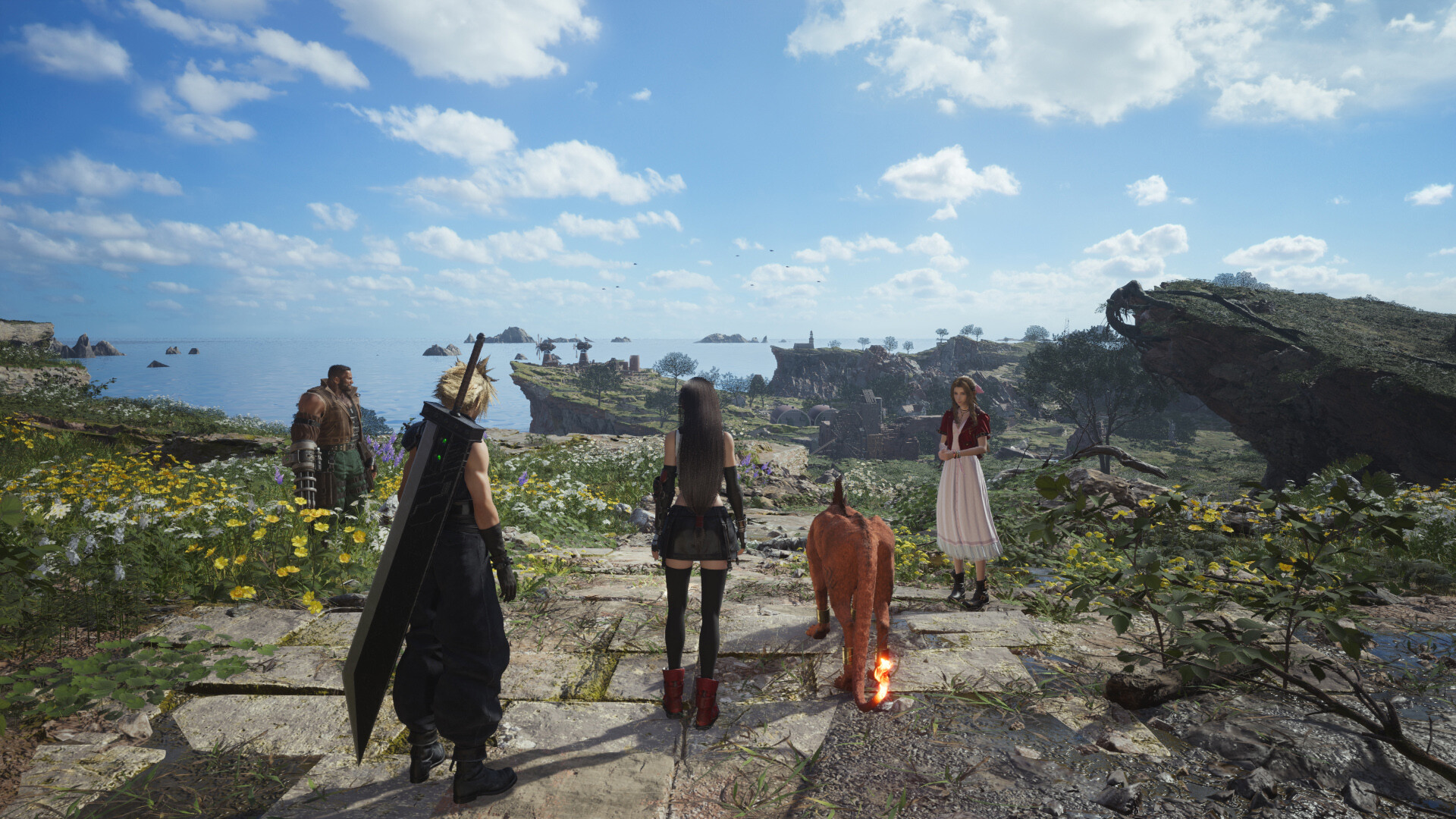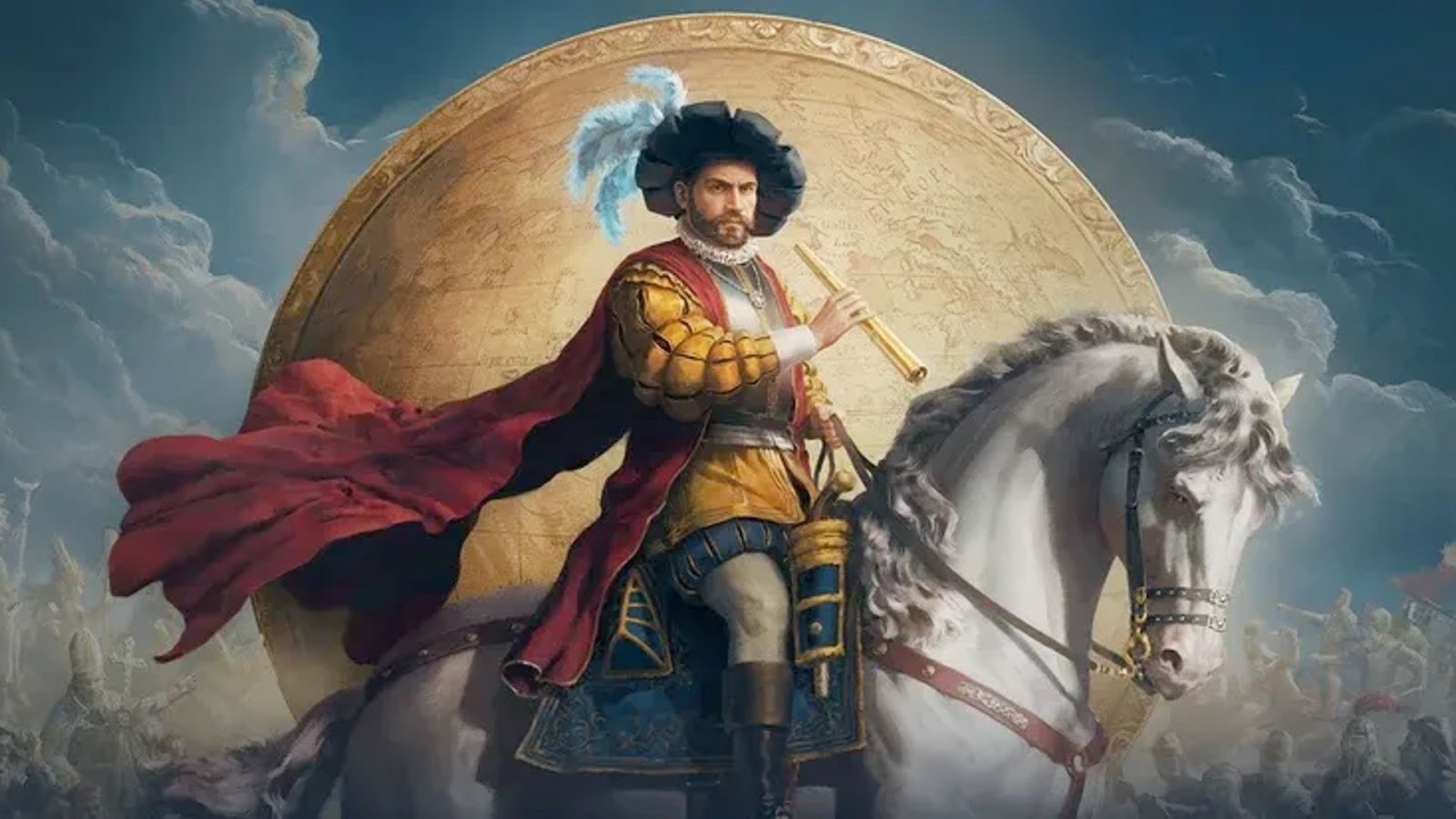You can trust VideoGamer. Our team of gaming experts spend hours testing and reviewing the latest games, to ensure you're reading the most comprehensive guide possible. Rest assured, all imagery and advice is unique and original. Check out how we test and review games here
Warning: the following article features major spoilers for both Mass Effect and Mass Effect 2, and minor ones regarding Mass Effect 3. If you plan on playing the earlier games or want to experience the third in the series completely cold, we advise you to stop reading and return when you’re done.
/https://oimg.videogamer.com/images/92f4/2_shepard.jpg)
Naturally, the backlash has already begun. When any much-loved game series ends, whether it offers a definitive sense of closure (as this does) or an ending that paves the way for future expansion (as this also does), it potentially commits an egregious sin in the eyes of its so-called fans. Yet such an outpouring of vitriol might be quietly celebrated in certain corners of BioWare. After all, it shows people care about the universe it has built over three games and five years. That its climax has provoked such a passionate response proves that the Canadian developer is doing something right.
Whether the ending is brave or foolhardy is open to debate, and it’s too soon to discuss it in detail. But perhaps the backlash is understandable. In my review, I talked about players likely being happy how the story ends, but I was talking in more general terms. At the time I was aware that the denouement may prove divisive, but I was still slightly surprised at its extent. Art may indeed be in the hands of its creators, but by empowering its players to shape Commander Shepard’s journey, can it really blame them for being dissatisfied at the destination? This is, after all, a story that for some may have been upwards of a hundred hours in the telling.
It’s a story that began a little under five years ago, and has expanded from a faintly awkward but hugely ambitious sci-fi RPG into an bona fide gaming event, of the kind you get perhaps four or five times a year. Much of that, of course, is down to the groundwork laid by the original, a game that looks a little clumsy when revisited, particularly in the light of its sequels’ improvements, but which still has the strongest narrative of the trilogy. It balances a personally motivated quest with events of much wider significance – to the point where it functions both as a self-contained story and a lead-in to its follow-ups. For all that Mass Effect 3 purports to be the most welcoming of the three games – and mechanically speaking it often is – it assumes a great deal of prior knowledge, or even experience, for its most affecting moments. And that’s something that no amount of reading through text documents in Shepard’s journal can recreate.
It also has arguably the series’ most convincing and complex antagonist in the form of renegade turian Saren Arterius. While the galactic threat in the sequels is more generalized – the coming of the Reapers, the genocidal machine race seemingly set to rid the galaxy of all organic life – here the enemy has a face. Though the ambiguities of Martin Sheen’s Illusive Man come to prominence as the series progresses, he doesn’t offer the same persistent sense of threat as Saren does. If the renegade Spectre proves to be little more than a puppet come Mass Effect’s endgame, he’s still a memorable opponent.
/https://oimg.videogamer.com/images/d726/5_reapers.jpg)
While its conversations now seem simplistic and laughably static, the impact of your dialogue resonates two games on. Other games had explored moral dilemmas before Mass Effect, but few had ever felt this difficult, nor this impactful. The decision to kill or spare the Rachni Queen, potentially revitalizing a deadly insectoid race, is one choice whose consequences continue to ripple through the third game, but it was on the lush environs of Virmire that the toughest choices had to be made, forcing you to sacrifice one team mate to save another, and potentially kill a former ally. These might seem small fry in light of what Mass Effect 2 and 3 ask you to do, but they set an agenda: no one is safe. Indeed, the second game made this abundantly clear right from the outset, destroying the Normandy and killing Shepard, only to resurrect him and place him under the control of human supremacists Cerberus.
If story was king in the first game, it was well-served by a combat system that blended real-time action with squad tactics handled by pause menus that now look slightly antiquated. Play it again, and you begin to understand that streamlining its role-playing complexities wasn’t necessarily a bad idea. The need to invest experience points in weapon feels slightly unnecessary in light of the class-specific weapons of the sequel, though in some ways it’s a shame BioWare resorted to fairly standard ammo pickups for the second and third games rather than the weapon-overheating mechanic of the original.
The more accessible Mass Effect 2 was the equivalent of a Hollywood blockbuster sequel, the follow-up to a surprise hit with a bigger budget to match its ambitions. BioWare’s adherence to more traditional third-person shooter mechanics proved to be a bone of contention among fans, but few would deny that it offered a more graceful experience and more dynamic storytelling. Perhaps the reason Mass Effect 2 was so widely celebrated was its sheer fearlessness: killing off your protagonist in the opening chapter was a ballsy move to say the least, and if it suffered from a bloated mid-section, it brought its narrative to an explosive and thrillingly dramatic conclusion. While its story may have felt a little underdeveloped in its focusing on Shepard’s quest to amass a team capable of tackling the final ‘suicide mission’, it did at least allow the player to get under the skin of the Normandy’s recruits. So many gaming blockbusters focus almost exclusively on plot; here, however, was a series of character-driven episodes that allowed Shepard to forge strong relationships – in many cases, only to see these bonds cruelly ripped apart come the climax. If that came at the expense of the main quest, it bore fruit in the personal significance of the choices made in both the endgame and onward into Mass Effect 3.
/https://oimg.videogamer.com/images/562a/4_illusiveman.jpg)
One of the most significant changes in the second game was a seemingly small one that nevertheless lent dialogue exchanges an extra frisson. Squeezing a trigger to interrupt with a Paragon or – perhaps more pertinently – a Renegade response allowed BioWare to test players’ ability to make snap judgments. There can be few Mass Effect players who, when confronted with what looks like a life-or-death situation, haven’t squeezed that right trigger only to regret it later. That pulling said trigger usually equates directly to Shepard doing the same tends to make these button prompts entirely decisive. In a medium defined by interactivity, it’s a clever conceit to make doing nothing seem the best course of action.
Not all tweaks to the formula were welcome, however. The first game required players to explore planets in an all-terrain vehicle, but while the Mako may have handled awkwardly, it felt like an idea that needed refining, not removing. By comparison, the majority of Mass Effect 2’s planets were merely combed by moving crosshairs to find mineral deposits. There was something oddly gratifying about this busywork (perhaps it was the hypnotically looping map music that helped make it a welcome bit of relaxing downtime between the action-heavy story missions) but after a time it did grow tedious. And, in a world about expanding the boundaries of galactic exploration, it felt that the universe had shrunk a little. The third game makes it more awkward still, introducing the presence of Reapers to force a retreat from areas where your scanners are being tracked – although context here is key: instead of mining, you’re accumulating war assets to assist in the final push against the Reapers.
Indeed, context is everything in the third game. Whereas before you’d have little narrative justification for time spent on frivolous sidequests, everything here ties into the war against the Reapers. Sure, the urgency of the threat does mean that researching medi-gel should seem like the least of your problems but your military might increases with every planet searched, every artifact retrieved. This time, every little really does help.
Elsewhere, it’s evident that BioWare has found the sweet spot in terms of combat. Falling somewhere between the flexibility of the first game and the accessibility of the second, it’s more confident in its staging of set-pieces and the pacing of its action beats, with arenas frequently offering a range of combat options, a greater verticality, and a mix of enemies that forces you into more tactical combat rather than playing it as a straight cover shooter. The aggressive Brutes will weed out scaredy-cat campers, while the teleporting Banshees are a terrifying foe, shaking and screeching as they approach. It’s a little disappointing that so many missions ask you to hold a position or protect an asset for a time while throwing increasingly large waves of steadily tougher foes your way, accusations that could also be levelled at the second game, less so the first. But the range of tactics enabled by a system that allows any class to use weapons at the cost of power recharge rates makes encounters more intense and varied than before.
/https://oimg.videogamer.com/images/4e2e/mass_effect.jpg)
But again, the focus is firmly on the story – not for nothing is there a combat option that allows you to breeze through encounters in order to get on with the plot. In the third game, both strengths and weaknesses of BioWare’s storytelling are thrown into sharper focus. For many players, it will almost be a reunion tour: assuming most characters survived 2’s ending, they’ll encounter plenty of familiar faces. Others will experience a story where significant players from the earlier games are either written out or replaced by stand-ins. It’s an astonishing achievement in many ways, particularly given the number of variants involved, but if you look a little closer, the smoke and mirrors are all too evident.
It’s disappointing, for example, to discover that the noble sacrifice of one character is a duty performed by a hastily introduced replacement of the same species, and whose name is merely two letters different. In its quieter moments, meanwhile, it offers touching personal revelations that are welcome yet serve to highlight the often dry, stilted dialogue elsewhere. If Mass Effect has historically lacked one thing in its exchanges, it’s a sense of warmth. Its emotional moments are prompted by an attachment to characters that mainly exists thanks to their familiarity; their presence as a crewmember or during combat. Only a few resonate beyond that, but two in particular stand out: Mass Effect may have been accused of lacking a Han Solo figure, but then Star Wars didn’t really have a Garrus Vakarian or a Mordin Solus.
Even the series’ biggest fans would readily acknowledge many of these weaknesses. The reasons so many have invested in BioWare’s universe are twofold. For starters, it represents a masterful piece of world building. Here is a universe that seemed to arrive fully formed. It’s been further developed over three games, sure, but its galaxy of stars seemed to have been charted before Shepard even set foot aboard the Normandy. The histories of its races and planets were already written, ready for you to discover. BioWare knows that the devil is in the detail, and so it fills its worlds with text logs, data files, backstories and overheard chatter. Again, it’s often illusory – you’ll hear heated exchanges in the Citadel loop over should you revisit one time too many – but frequently it’s a convincing illusion.
Perhaps most importantly, however, it allows its players to inhabit a character in a way that few other games do. It lets you play hero and villain, to make good and bad choices, to be technician, biotic or grunt – and unlike many role-playing games your character choices don’t just affect the way you fight. Instead, the choices you make, both in creating your Shepard and moulding him or her into the galactic legend they inevitably become, feed into every one of its systems. Little wonder so many were upset at being unable to import their Mass Effect 2 character – that wasn’t just a character they were trying to revive, but something much greater. For many, it goes beyond just playing a role. On a macro scale, few can identify with Shepard’s problems; on a personal level, we all can.
The ending of Mass Effect 3, then, proved an impossible obstacle for BioWare to overcome. It is a reminder that we are no longer in control of Shepard’s destiny, but at the mercy of BioWare’s scriptwriters. However the story concluded, players would have been left unsatisfied. Some will argue that the petition for a new ending is sparked by nothing more than a sense of entitlement, but there’s more to it than that. In stirring the passions of so many, BioWare has achieved something few game-makers manage. The developer may feel wounded at the response, but then it is said that you always hurt the one you love. That so many people care enough to demand the story end differently may end up being one of Mass Effect’s greatest legacies.
Mass Effect
- Platform(s): PC, PlayStation 3, Xbox 360, Xbox One
- Genre(s): Action, RPG, Science Fiction, Space
